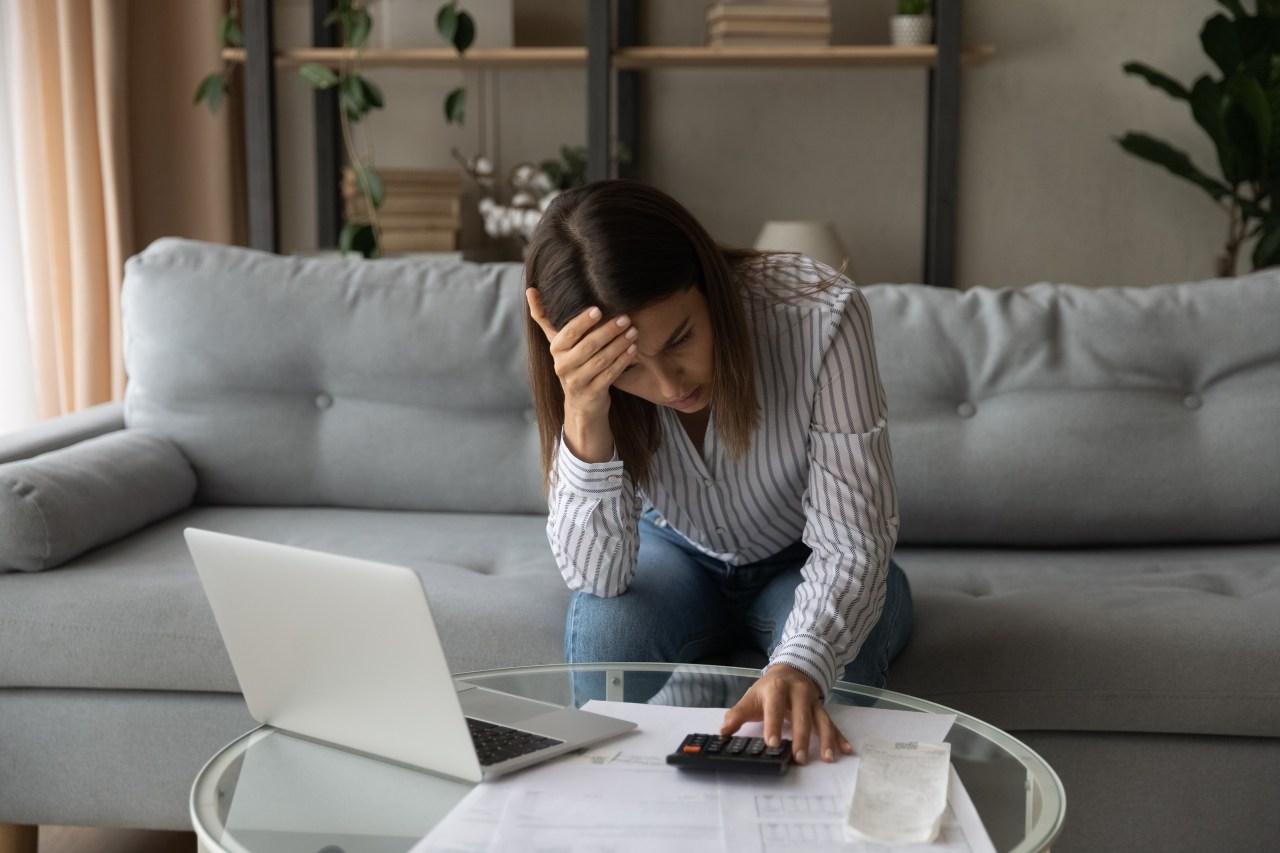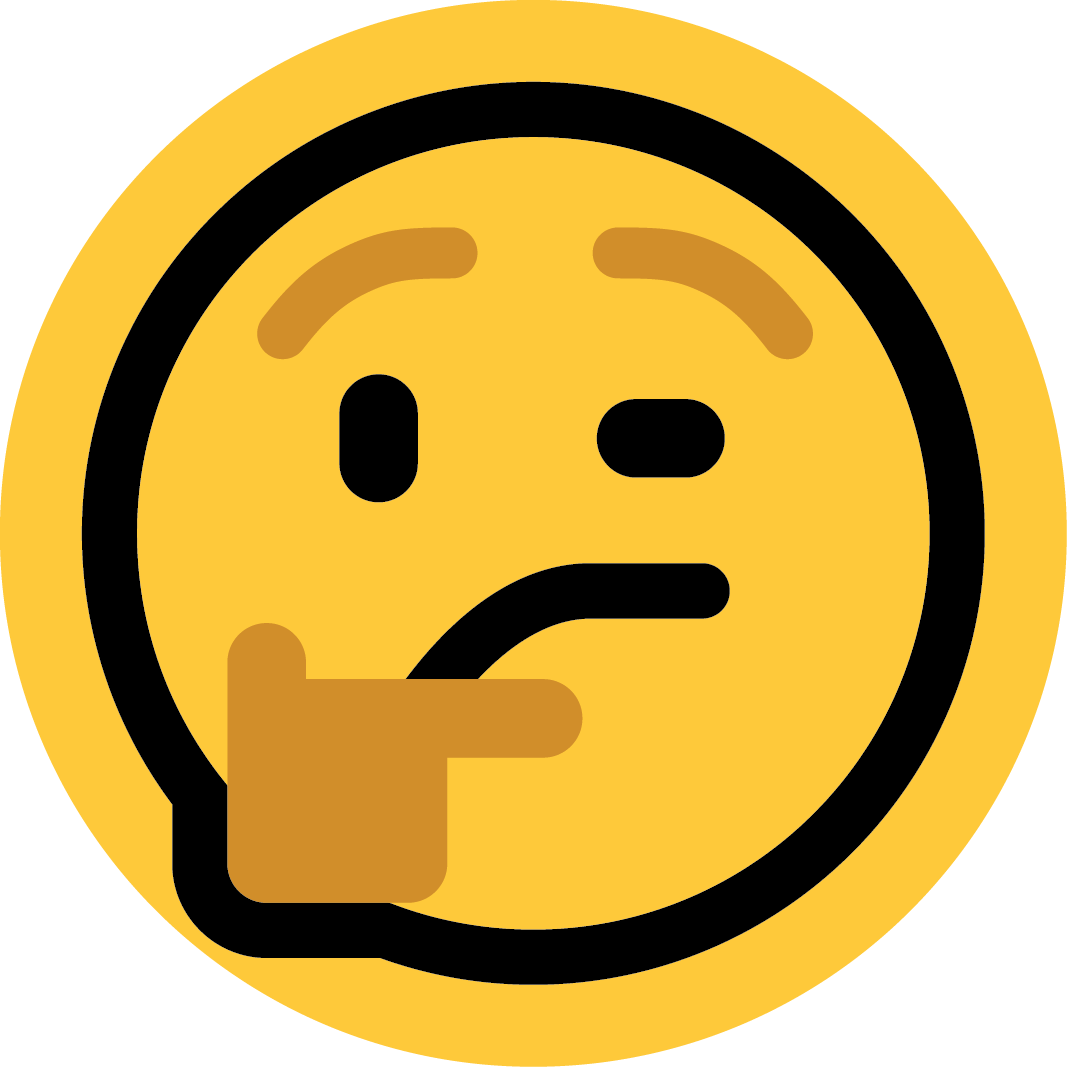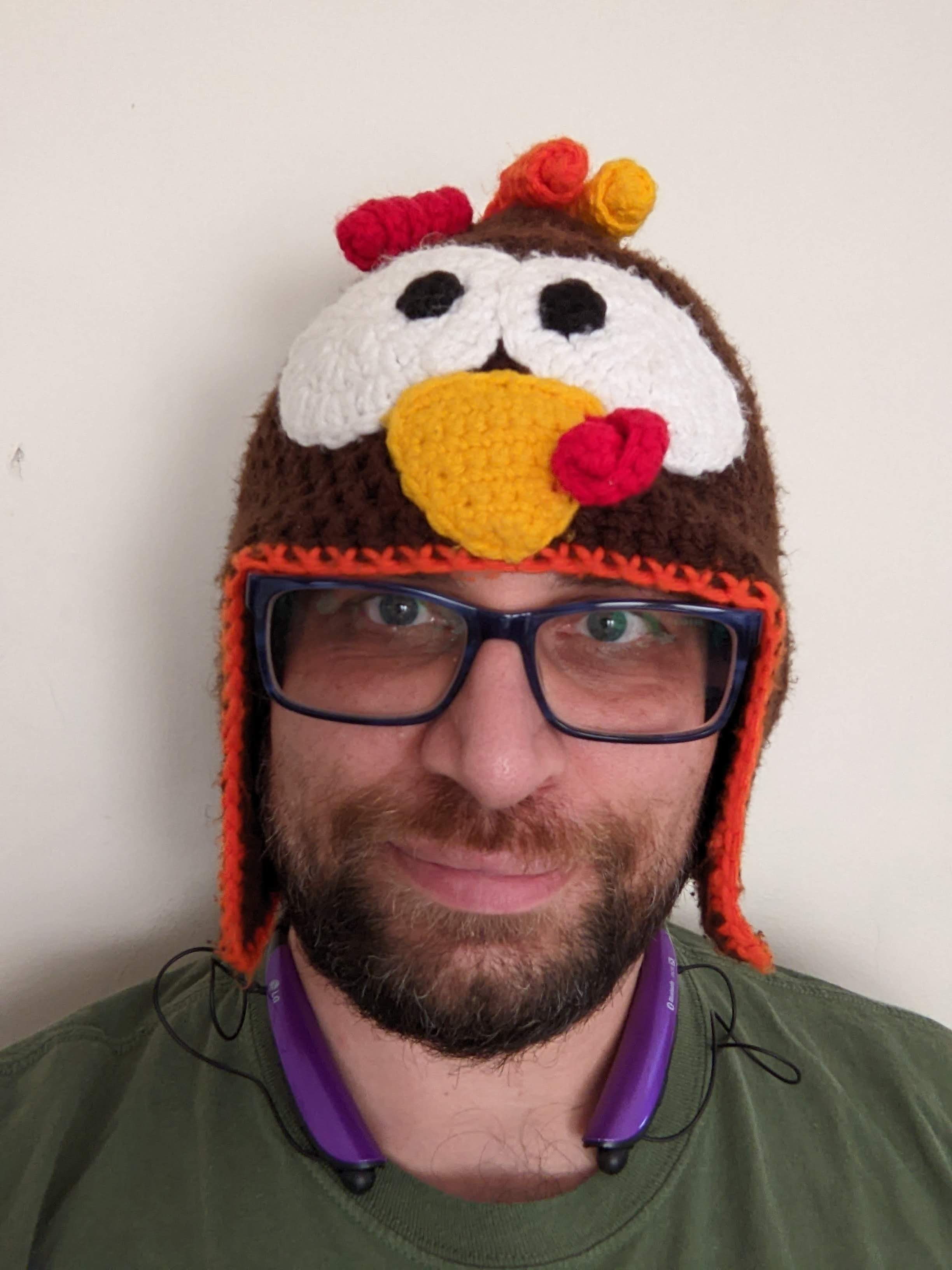This article is terrible. First off, where do they get 60% from?
They link to the wrong research. The research they link to is a survey of people who already have anxiety. If you look at the research of the actual survey of the whole sample, not just those with anxiety, (here), it says that 42% have a diagnosed mental health condition, which includes an anxiety disorder amongst other disorders like depression, ADHD, and so on.
90% of the diagnosed conditions (90% of 42%) is anxiety, which would mean the actual number for only anxiety would be 37.8%.
78% of those 42% (32.76%) have depression as well. So a lot of those people with anxiety also have depression.
So the actual title should be 38% of Gen Z have an anxiety disorder. Which is only a bit higher than the total population.
According to large population-based surveys, up to 33.7% of the population are affected by an anxiety disorder during their lifetime. https://www.ncbi.nlm.nih.gov/pmc/articles/PMC4610617/
Let’s also not pretend that older generations arent likely wildly under diagnosed because of stigma and lack of any resources. That means Gen Z may just have a totally normal amount of anxiety.
So the actual title should be 38% of Gen Z have an anxiety disorder. Which is only a bit higher than the total population.
According to large population-based surveys, up to 33.7% of the population are affected by an anxiety disorder during their lifetime. https://www.ncbi.nlm.nih.gov/pmc/articles/PMC4610617/
During their lifetime, so not that 33.7% of the population are affected by anxiety disorder right now. The study about Gen Z seems to be talking about the “right now” figure.
That’s true. From the same study that gave the 33.7% lifetime prevalence, they have 21.3% annual prevalence (those who experienced the disorder in the 12 months before the survey.)
There was no point prevalence (right now) on the study. So maybe it would be lower?
But the study from the article with the 38% figure provides no peer reviewed research. They are a data management firm that conducted a survey.
The other stats come from actual research with stringent methodologies with a much larger sample (9000 compared to 1000 for the data firm).
I think the point is unless they had done the same survey at a population level to compare the numbers between Gen Z and the whole population, there’s no way of knowing if 38% is high or not. Never mind that the article posted here says 60%, which is completely wrong.
Whilst everything else of your post is on point, the last bit is not really applicable: you can’t really compare “lifetime” probability (i.e. for the age range 0 - life-expectancy) of getting something (i.e. “be affected by”) with the probability of actually having something (i.e. not just be affected by it at any one point but rather being now suffering the effects from it) whilst being in a specific age range (roughly 10 - 30, a subset of the lifetime one).
It might be possible to derive the second one from the first if knowing the statistic distribution in relation to age of that disorder and the average duration of the condition, but as it stands there those 38% aren’t comparable to those 33.7% as they’re statistically quite different things.
That’s not how mental health stuff works. People do not really develop anxiety in adulthood like that. You won’t wake up one day and have suddenly developed a mental health disorder. Mental health disorders require both genetic predisposition and real-life experiences, but those experiences really only affect someone in that way before their brain is fully developed.
I mean…
gestures vaguely
Honestly did not think we would have nuclear war make a comeback so quickly on top of climate change
Which will fuck us first: global warming or nuclear winter?
From everything that can be said about the current world situation, this has to be my favorite way to express it
To be fair, we have a much better understanding of mental disorders now. Back when I was little, people basically fell under four categories (and these terms aren’t my choosing, just what it was back in the early 80’s): gifted, normal, slow or removed. That was the extent of our understanding. At least based on my personal experience in an american public school system. I’m sure for older generations things were even more misunderstood.
It’s also important note that people have always had mental disorders. We just didn’t know it was a mental disorder. The main difference is that we know what to look for and we can diagnose the disorder and assign treatment.
What is removed?
You’re on an instance which censors some words, use another instance to see it
I didn’t know there were instances that censor posts like that. Thanks for the explaination.
lol fuck that what instance doesn’t do that so I can go there?
I know Lemmy.ml does censor things, most others should be uncensored
It’s the r-slur
For those that can’t see the post. The word was not used in a way intended to be hurtful. Just explaining how there was a time when it was in use, along with a lack of understanding about mental illness.
Okay but I’m unhappy with my ability to function through my life and so is a huge percentage of people my age, and we’re here now.
Shit, I’m right there with you.
<3
Why wouldn’t one be anxious about impending environment crisis and inability of institutions to act quickly enough.
Because it is a slow moving event that will unfold over the next century.
It cannot be both so incredibly anxiety causing and also lacking in any urgency at the population level simultaneously.
I think at least 60% of people would beg to differ.
Also, where do your data from? We’re seeing the impacts right now and although we still have a chance of minimising the impact we’re still emitting GHG at dangerous rates.
As a climate activist, my data comes largely from the NOAA/EPA as well as independent think-tanks.
The poster you’re responding to is correct.
deleted by creator
Pretty sure as a literal climate lobbyist, I know more about this than you
deleted by creator
I did not say I am in a think tank. I said we use some think tank knowledge (generally for highly localized policy advocation), while relying on world standards for climate studies
If you have an issue with the world’s chosen standards, perhaps write to the UN or your country’s UN ambassador.
lobbyist
Lol, lmao even.
You can join too! Almost certainly a local chapter in your area and they provide you everything you need.
Free to join and you are welcome to dictate your level of participation
Astroturf harder for me daddy.
Slow moving event? It seems you’ve already gotten used to quarterly news reports of wild fires, floods, cyclones, storms, drought and mass animal graves be it terrestrial or aquatic life forms. Humans are losing their homes and lives to these events routinely. There’s already a term coined for such climate refugees, making all the countries nervous about the future.
Even to generously concede your statement… you’re referring to the course of their lifetime, that century. By the end of which, apocalypse.
Not really, the apocalypse scenario was averted by the banning of CFCs, which were a much worse greenhouse gas that were on track to cause a 4+ degree rise instead of the 2 we’re on track for now.
Also, it was an apocalypse scenario because the damage it was doing to the natural atmosphere was liable to pair that temperature rise with everyone getting every kind of skin cancer imaginable from unfiltered solar radiation.
Watch “The Human Future” by Melodysheep, it gives a real perspective moment on just how hard life would be to dislodge even in a major die out scenario.
An event which wipes out 99% of all humans alive now would still leave the earth populated by 80 million people, which is a larger number than the total global population was for a massive stretch of our history.
Glad to hear that you wouldn’t describe a 99% die off of the human population as apocalyptic, let alone all the life not able to adapt to rapid change. Whilst the remaining 1% sits in the wreckage of a blighted environment now incredibly hostile to life. Let’s hope the remaining 80 million are fairly centrally located and don’t just starve, freeze or kill each other in the wasteland, to round out that non-apocalypse.
Don’t forget to have kids, Gen Z, we need more fodder for the impending mass death event.
Tell me you drove your literature teacher into day drinking without telling me you drove your literature teacher into day drinking.
Get off the internet and learn some reading comprehension skills angsty.
Beautiful.
I just think they lack any real issues. I grew up poor and constantly insecure. I had real issues, and it has given be perspective. I’m grateful for every day I have food and shelter. I don’t have a lot of bandwidth to care about stuff which might affect people 100 years from now.
Of course I’m glad that they grew up with such privileged lives. I just wish they’d care a little more about poor people today.
You mean like the threat of the end of democracy? Or the housing crisis? Or the student debt crisis? Inflation (which is largely just greed)? Increasing wealth disparity? Frozen wage increases? Loss of pensions? Threats to social security? Medical costs increasing and insurance paying out less and less?
Have empathy, and look around. Just because you are OK now doesn’t mean everyone is.
I mean, plenty of Gen Z end up on the streets too, just like any generation, because housing availability and income is just getting worse for poor people. Anxiety issues are fairly associated with poverty.
Most the young people I know (California, USA, I’m a young millennial) are precarious, and most feel precarious. They are also watching baby boomers (sometimes their parents and grandparents) end up on the streets in high numbers, but also don’t have the extra income to put into retirement or get a healthy savings to secure a future for themselves, much less help their ailing family members. Their health issue incidence is high, and the availability of care for those health issues is low and very expensive. People living off of Gig apps and part time jobs (because jobs with benefits are unavailable without a college education, and sometimes even with). If they live separate from their family most of their income goes to rent.
And climate change isn’t something that affects people 100 years from now, it affects us right now in certain zones. The number of homes destroyed/damaged in various disasters each year where I live has gone way up, and a lot of the people who are displaced end up on the streets or in ever growing slums/camps. There’s a general sense that the future will be worse than the present, which makes present struggles feel worse. People turn to drug use, sometimes to self medicate for physical and emotional issues. People don’t want to have kids, because they don’t see a future for those children, and don’t have the resources to provide for them.
I agree there needs to be more solidarity, especially with the most impoverished. Part of the struggle is worsened by atomization and individualism, and propaganda deriding the impoverished.
If more than half of a population has it, is it really a disorder? The disordered thing is clearly our society, but rather than fix that we medicate all the people having a hard time living in such a world.
Edit: looks like this headline isn’t true.
Article headline is bullshit.
Their source doesn’t say 61% of Gen Z.
It only surveyed people who already have anxiety.
So it’s 61% of gen z with anxiety have a official anxiety diagnosis from a medical professional.
Thank you, I’ll update my comment!
And it’s been proven that medication doesn’t necessarily work. Over the years, medication has honestly messed me up more than it’s ever helped me, in permanent ways.
Is it a disorder if most of them have it? Wouldn’t that make the anxious the baseline and 40% of them are weird calmies?
It’s a disorder if it affects your ability to function in society.
But maybe we need to change society so it didn’t make everyone so anxious.
Is it really a disorder if it’s just a normal response to circumstances?
I’m Gen X, not Gen Z, but I think it’s definitely a normal response to circumstances. Retirement has gone from “something I’m going to do someday” to “suddenly on the horizon.” However, my finances aren’t lining up with how much I need to have to retire. (I’m not alone. I saw an article recently that said under 20% of Gen X-ers have enough saved to retire.)
I’m definitely feeling anxious about this. I don’t want to be 80 and working a full time job so that I can pay my monthly bills because my bank account ran dry and the Boomers wiped out Social Security.
It’s going to take everyone going to the streets and demanding social security reform. Americans need to stop being so complacent
It’s a disorder if it gets in the way of your making profits for your masters.
Common and normal and valid response doesn’t mean healthy
Body temperature increase is a normal reaction to a viral infection, doesn’t mean you won’t die if the temperature keeps rising until you’re cooked through like a ham though
If someone is so addicted to social media that it caused intense mental harm then they get what they deserve.
These dopamine addicted cocaine-rats who can’t stop scrolling do not have my sympathy.
Before you have a meltdown, we often hold religious followers accountable for their religion’s fuckery but we never hold social media addicts for their own behavior. Dumb.
ITT: Boomers gaslighting people who have anxiety
I’m Gen X, not Gen Z, and I definitely feel like my Boomer parents pushed a “if you’re having mental health problems just shut up and deal with it quietly” attitude. When I told my father that I take medicine for anxiety, he thought I should stop taking it and just “stop feeling anxious.” Like there’s a big Off Switch to my anxiety that I forgot to flip.
Trust me, I wish it was that easy. I’d be flipping that switch off and duct taping over it until it couldn’t be turned back on. Sadly, it’s not that easy.
They were born into an absolute shit show, maybe don’t blame them too much.
Stop reading crisis media.
Turn off ALL notifications on your phone
Disconnect occasionally.
Or just weed. Copious amounts of weed.
I don’t think putting your head in the sand makes all the world’s problems go away, just makes you ignorant and less prepared to handle them.
Reading about world problems without acting on them will just give you anxiety.
Agreed. Paying attention to the local and national news is important. Ignoring the 24 hr crisis news cycle is what I’m referring to.
I know that climate change is happening, am current on recent studies discussing causes, and read about what I can do personally to help. But I don’t watch every broadcast that blame every single possible situation on it, and then continue to harp on it constantly for days on end.
It doesn’t, but it’s also not healthy to dwell on it all the time. People definitely need “down time” where they silence their phones and do things that they enjoy.
In no way is this a “cure” for anxiety, but it can help in many instances.
Take it or leave it, hypervigilance and anxiety or head in the sand and peace.
Is there like some middle ground. Like I want to be prepared for what could happen, but don’t want it to control me where I don’t do anything. Kind of struggling with that right now, to be honest.
Stoicism teaches that you should strive for virtue, but cannot expect any particular outcome. You can’t have your happiness and contentment depend on factors outside your control, or you will inevitably be unhappy. Try to be virtuous, try to do the right thing for the right reasons, and if the outcomes are not what you hoped for, then at least you tried. Stoic virtues are wisdom, courage, justice, and temperance.
That’s just called being normal
Like, I’m aware that the world is fucked. I can’t really change that, though I can do my part.
And the world is not irreparably fucked. Just probably irreparably fucked during my lifetime.
We’ll get it together eventually.
But the point is, why stress, it doesn’t help anything. Don’t worry about it. Either take action or don’t.
Well, I can’t speak to a middle ground, but I can say that my anxiety is at its worst when I stall. If I examine what gives me anxiety and take steps to prepare for it, that alleviates the panic.
I don’t know what eats away at you so I can’t give you the perfect guide. Only you can say what causes you anxiety, and only you can prepare yourself for it.
Yeah well, I used to use weed for that and now it too gives me anxiety. Won’t touch it unless it’s a single small hit or I got hydroxyzine, CBD, something
Also consider fasting for 1 day a week (32 hrs). Its quite healthy for the body, but I also find that my brain tends to lose focus on all the nebulous dominating anxieties (work, money, school, relationsips, wars, the fact that there will never be any more episodes of Stargate SG-1) and instead it focuses on what it percieves as a more pressing threat, starvation. Which you can easily rationalize away because theres food everywhere. Gives me some mental relief and clarity for a day and its a good form of self discipline
For me it’s mostly related to my autism among other factors.
What about those of us who can’t use weed because THC interacts with medication?
Exercise all the time
cries in chronic pain condition
That’s rough. Do you have to work FT?
Yeah. I work a great desk job in what I went to school for, so work isn’t rough on my body for the most part aside from typing killing my hands. I am going to see a specialist in April to get checked out to see if I had any comorbid conditions develop.
You see 4 options. You fixate on one.
Not much else to be said.
I wasn’t asking for your opinion, dude
Wasn’t an opinion.
deleted by creator
we surveyed 997 Gen Z who deal with anxiety and asked them how it impacts their lives.
we surveyed 997 Gen Z who deal with anxiety
who deal with anxiety
No, I’m sure it’s representative.
deleted by creator
Climate anxiety is now in the DSM so I’m sure most informed people qualify for a disorder.
I’m actually surprised that 40% are do not have an anxiety amongst those growing up in an environment of constant marketing pressure and social pressure to compare themselves against carefully selected images of other (i.e. real me vs facebook others) all the while slowly realising they’re not going to have access to the same opportunities as they’re parents, will inherit a World shafted in many many different ways and in some countries are pretty much starting their adult lifes in debt slavery.
Maybe those 40% are a mix of those who can’t afford to seek health and those too mentally simple to realize any of this (if you’re so dumb that you “see” very little beyond your little bubble and everything that happens to you is a surprise, you’re not going to be anxious about the future).
“Alright, time for you to get your own place and move out” while looking at unobtainable housing and jobs that don’t cover rent/mortgages.
“Just stop wasting money on avocado toast”
/s (for avoidance of doubt)
They couldn’t even write the subheading without making a typo so yeah top quality shit here


















